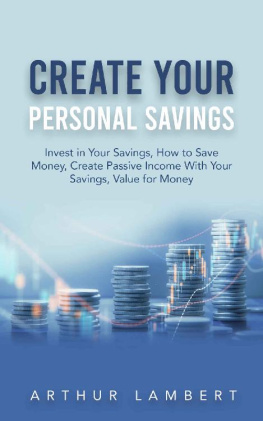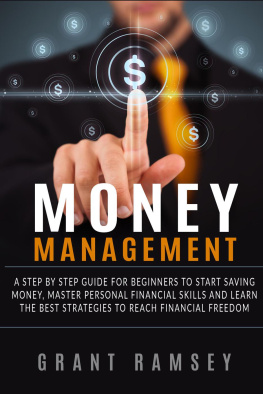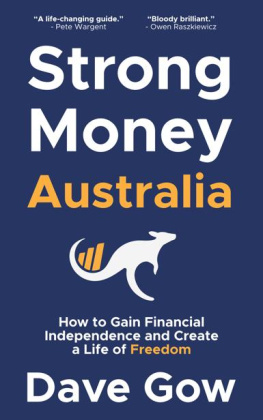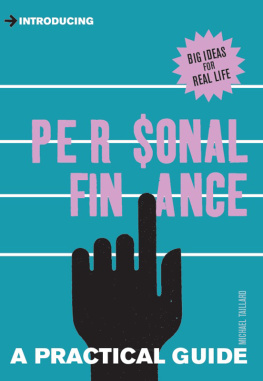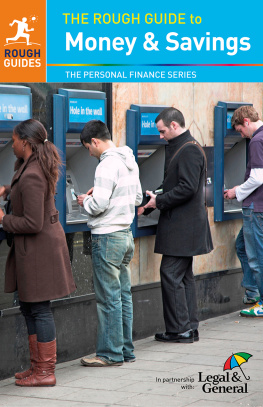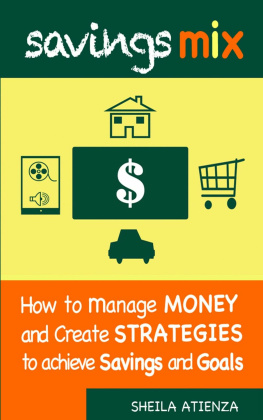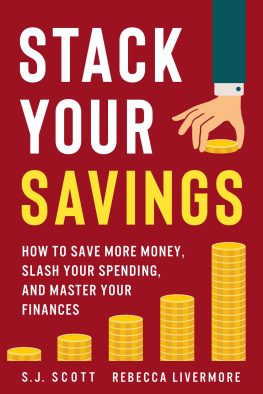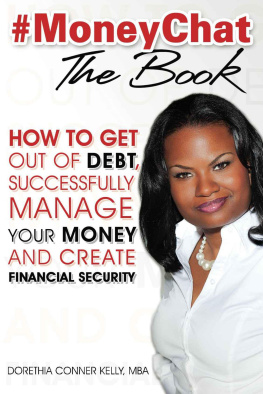Create Your Personal Savings
Invest in Your Savings, How to Save Money, Create Passive Income With Your Savings, Value for Money
Arthur Lambert
Copyright 2020 by Arthur Lambert. All right reserved.
The work contained herein has been produced with the intent to provide relevant knowledge and information on the topic on the topic described in the title for entertainment purposes only. While the author has gone to every extent to furnish up to date and true information, no claims can be made as to its accuracy or validity as the author has made no claims to be an expert on this topic. Notwithstanding, the reader is asked to do their own research and consult any subject matter experts they deem necessary to ensure the quality and accuracy of the material presented herein.
This statement is legally binding as deemed by the Committee of Publishers Association and the American Bar Association for the territory of the United States. Other jurisdictions may apply their own legal statutes. Any reproduction, transmission, or copying of this material contained in this work without the express written consent of the copyright holder shall be deemed as a copyright violation as per the current legislation in force on the date of publishing and the subsequent time thereafter. All additional works derived from this material may be claimed by the holder of this copyright.
The data, depictions, events, descriptions, and all other information forthwith are considered to be true, fair, and accurate unless the work is expressly described as a work of fiction. Regardless of the nature of this work, the Publisher is exempt from any responsibility for actions taken by the reader in conjunction with this work. The Publisher acknowledges that the reader acts of their own accord and releases the author and Publisher of any responsibility for the observance of tips, advice, counsel, strategies, and techniques that may be offered in this volume.
CONTENTS
Description
Buy the Paperback Version of this Book and get the Kindle Book version for FREE
If you want to know how to lead a financially stable life, then keep reading
Are you always feeling overwhelmed with debts and other financial responsibilities, and you feel like your life is in a complete mess? Well, dont worry because this book will teach you how to get every sorted out, and its not as intimidating as you think it is. If you are someone who keeps scrolling through personal finance blogs on the internet but never seems to find any that actually relates to your situation, then this book is made just for you. The tactics and tips mentioned here are universal and will cater to everyones needs. Remember that your financial well-being is always in your own hands, and it is only you who can do something about it.
We all face money problems but what matters is how we deal with it. A good financial roadmap will ensure that you smoothly face a surprise $500 expense rather than asking others for help. It doesnt matter what your age is; personal finance is for everyone, and this book has information that is fit for people of all ages. If you want to lead a fulfilling life when you are old, you need to start building that life now! The tactics mentioned here are time-tested and will give you the financial wisdom you need to completely change the framework of your current situation.
This book will provide you with a catalog of ideas that are distributed over the course of ten chapters. Once you finish reading this book, you will know exactly what to do in order to get into the money-making and saving mindset. Worrying about a bad credit score? Dont worry because this book will cover that too, and soon, you will be on your way to repairing your credit score and starting afresh. One of the major problems that millennials face is student loans, but proper financial planning can help you deal with these crisis situations.
Here is a summarized version of all the key points which have been mentioned in this book
- How to build your own financial roadmap to meet all your goals?
- Actionable steps to keep your finances in order
- Everything you need to learn about loans and credit cards
- A basic introduction to how you should plan for your retirement
- And more
Even if you think that you are not the kind of person whod be able to build the money mindset, Id say that you should give this book a try. It has the simplest tactics that you can undertake to secure your future and attain financial stability. It will lead you to financial freedom and have a happy retired life.
So, if you want your dream of financial prosperity to come true, you have to get off that couch and actually do something. And, if you are not sure where to start, this book will guide you. All you have to do is scroll up and click on the Buy Now button.
Introduction
Congratulations on purchasing Create Your Personal Savings and thank you for doing so.
All successful people in life have clear financial goals and are very good when it comes to personal finance. But dont let this intimidate you. Instead, you should start educating yourself on personal finance, and this book will help you do that with just 10 simple steps that have been divided into 10 different chapters. But if I have to brief you on what lies ahead, Id say that the first step involves you assessing where you are now so that you can slowly plan where you want to see yourself in the next few years.
When you go on a trip somewhere new, do you go there without any research at all? Obviously no, right? It is the same with personal finance. When you are embarking on the journey of life, you need to have a concrete financial roadmap to guide you towards your goals. Well-written plans and framed financial roadmaps are always what differentiates a successful person from an unsuccessful one. It is never too early to start. Just think about it this way say you are currently at the age of 20, and you invest an amount of $5,000 as a one-time investment, then by the time you retire, the investment would be over $163,000 if it incurs 7% interest at an average. But if you make the same investment at the age of 40, it would hardly be somewhere around $41,000. Thus, the right financial planning will help you reach your financial goals and also give you a smooth and happy life.
There are plenty of books on this subject on the market, thanks again for choosing this one! Every effort was made to ensure it is full of as much useful information as possible, please enjoy .
Chapter 1
Why Should You Save Money?
Being financially independent is one of the biggest sources of long term stability and security in anyone's life. Although that sounds like a pretty broad goal in itself, there are plenty of smaller reasons besides this for you to save money on a regular basis as well as be mindful about it. Saving money is also, in general, a good habit for anyone to inculcate because it essentially makes a person responsible and cautious and improves both their self-control and planning skills to a great extent. However, without a purpose or an end goal, it is somewhat impractical to think about saving money because what would you be saving it for, then? If the reasons are not clear, anyone's motivation behind saving would also be undecided, and hence, it would be very difficult for them to follow on it and make it a regular habit. Some of the main reasons why you should be saving money are listed below:
Save For an Emergency Situation
This is, of course, the most important reason why you should be putting some money away every month (or at least on a regular basis) and creating an emergency fund. Emergency expenses could be anything ranging from a medical emergency to an abrupt loss of employment. If you do not have some savings to fall back on during the times you direly need money, then you really need to take a hard look at your financial behavior. In an ideal situation, your emergency fund should be able to cover for all your day to day expenses for anywhere between three to six months so that you are taken care of if the emergency situation is not a one-time event and has more prolonged consequences. Another thing to keep in mind about emergency expenses is that a lot of times, even if you have medical insurance, you might still be expected to cover unexpected medical costs from time to time. A lot of people choose to set up a health savings account (or an HSA) specifically for this purpose, but if that is not something you want to do separately, planning out a long term emergency fund is still a good way to go about things.

